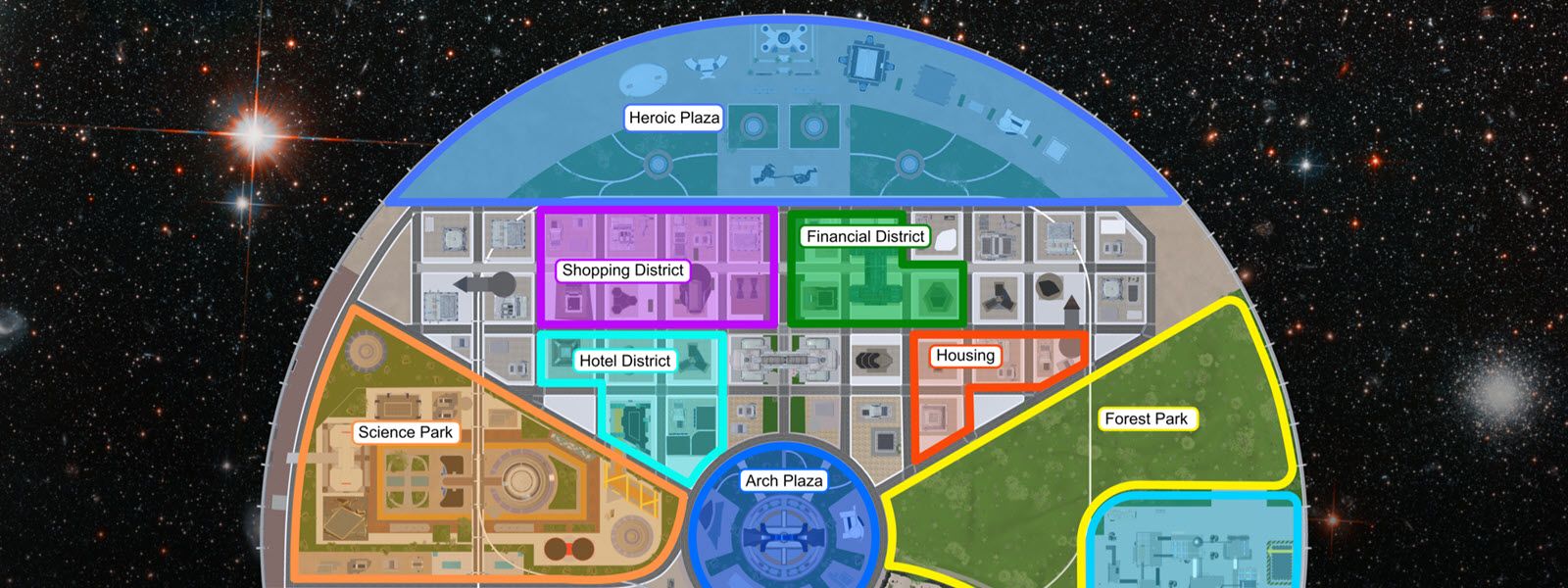442 reads
Lessons Learned Making an MMORPG
by
October 18th, 2020
Audio Presented by
Writer/producer-gaming, tech, web culture, fintech, crypto, & nerd lore #benzinga #hackernoon #roxomtv #btc #depin #rwas #AI
About Author
Writer/producer-gaming, tech, web culture, fintech, crypto, & nerd lore #benzinga #hackernoon #roxomtv #btc #depin #rwas #AI
